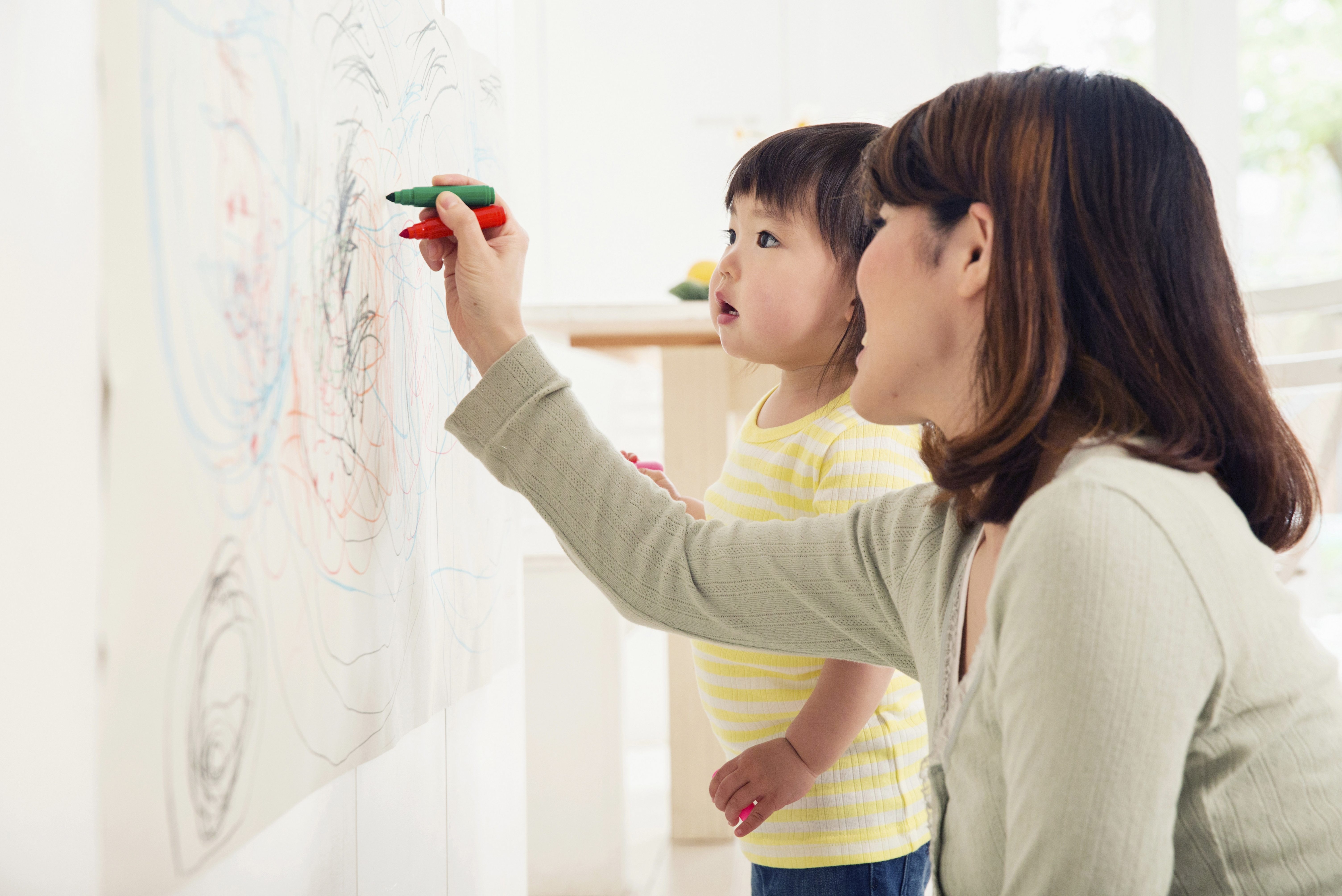Started early education programs in your child’s life can provide significant benefits for their future. According to recent studies, kids who participate in early education programs have better academic success and are more likely to attend college. So what’s the best way to get started? Check out our tips below!
Children who start school earlier easily keep up with their classmates.
Parents often refrain: "My child just isn't keeping up with the other kids in school." Parents often worry their child is being left behind, whether it’s reading, math, or general schoolwork. A new study suggests that one way to help kids stay ahead of the curve is to start them in school earlier. The study found that children who started school at age four were more likely than those who started at age five to still be on track by second grade. Furthermore, they were more likely to earn higher grades and test scores. While various factors contribute to a child's success in school, starting early may give them a critical head start.
They are more likely to graduate from high school and college.
According to a new study, children who grow up with pets are more likely to graduate from high school and college. The study surveyed 1,000 adults and found that those who had a pet as a child were more likely to have finished high school and gone on to college than those who did not. The study also found that children with pets were more likely to report higher levels of self-esteem and self-confidence. In addition, they were more likely to say that their childhood was happy and carefree. "Pets can provide children with companionship, love, and affection," said Dr. John Thompson, the author of the study. "They can also teach responsibility and help children to develop a sense of empathy." If you're looking for a way to give your child a head start in life, consider getting them a pet.
Early education can help children develop essential skills, such as problem-solving and critical thinking.
Early education can help children develop a number of essential skills. One of the most important skills children can learn is solving problems. Children are faced with various big and small problems from an early age. Learning to identify and solve problems can help children in their personal and academic lives. Another important skill that children can develop through early education is critical thinking. Critical thinking involves analysis, reflection, and creative thinking. It helps children to ask questions, identify different perspectives, and think creatively to find solutions. Early education can play a vital role in helping children develop these essential skills.
It can also give them a head start in their careers.
For many young people, taking a gap year can be a great way to learn more about themselves and the world around them. While there are many different ways to spend a gap year, some of the most popular options include traveling, volunteering, and working. A gap year can also give them a head start in their careers. In today's competitive job market, employers are increasingly looking for candidates with experience and skills beyond what can be gained from traditional academic settings. By spending a year working or volunteering in a field of interest, gap year students can develop the skills and knowledge to make them more attractive candidates for jobs after graduation. In addition, taking a gap year can help students save money on tuition by postponing their enrollment in college. The rising tuition cost can significantly benefit many students and their families. Gap years can also provide an opportunity for students to earn money to help pay for their education. A gap year can be a great way to prepare for college and career success.
Children who attend preschool or daycare are more social and confident when they start kindergarten.
There is no doubt that Children who attend preschool or daycare are more social and confident when they start kindergarten. This is because they are used to being around other children and adults outside their immediate family. They learn to share, take turns, and follow the rules. They also become accustomed to a more structured environment where they have to pay attention and sit still for periods of time. All of these skills help prepare them for the rigors of kindergarten and beyond. In addition, children who attend preschool or daycare also tend to be more confident in their abilities. They know they can handle being away from home and around other kids. This confidence can go a long way in making the transition to kindergarten much smoother.
In Conclusion
While there are many benefits to starting school early, it’s essential to keep in mind that every child is different. Some children may not be ready for kindergarten until they are six or seven years old. The most important thing is that the child is happy and thriving in their educational environment. Talk to their teacher or pediatrician if you have concerns about your child’s readiness for school. Early education can provide children with a foundation for success in life. Are you considering enrolling your little one in preschool or daycare? What are some of the things you are looking for in a program?
If you are in the Jersey City area or commute to New York City via the path, Early Beginnings day school will be your number one option to leave your child in the best care while you go to work. We are blocks away from the PATH train station as well as major highways and NYC tunnels. Request a free tour now!


